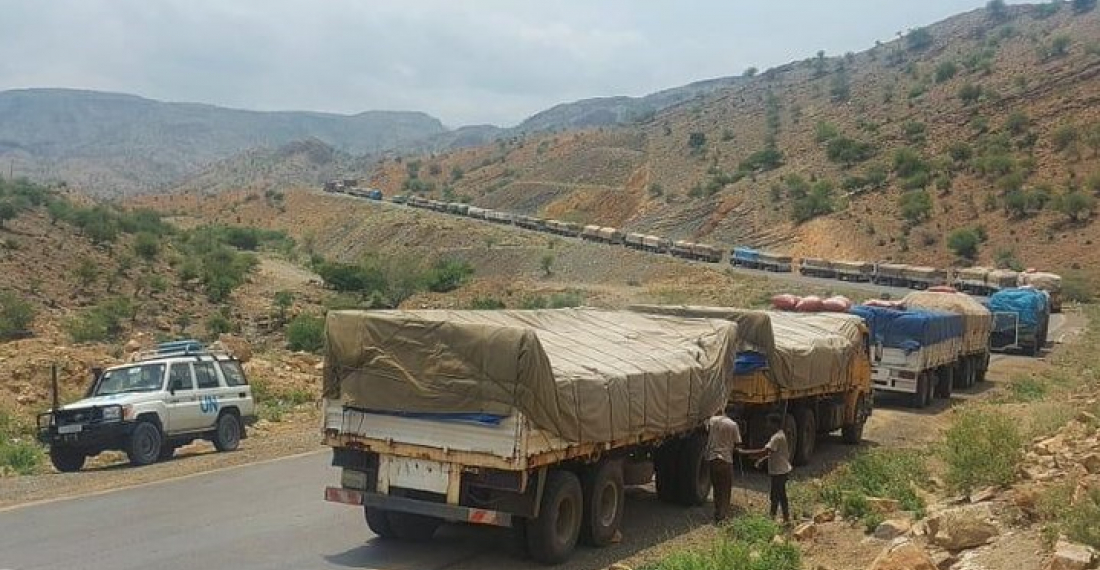The Ethiopian Ministry of Foreign Affairs on Thursday (30 September) told seven senior UN officials to leave the country within the next 72 hours accusing them of 'meddling in internal affairs. The decision to expel came two days after the UN Humanitarian Chief, Martin Griffiths, warned of a government blockade of aid that would likely lead to a famine. Griffiths said that the blockade has been de-facto in place for three months
The seven being expelled include the country heads of UNICEF and UN OCHA. The UN Secretary-General Antonio Guterres said he was "shocked" by the expulsions and added that the UN was engaging with the Ethiopian government with the expectation that the staff will be allowed back.
International concerns about the Ethiopian government's interference with humanitarian work is not new, and both the US and the EU have considered a wide sanctions regime against Ethiopia.
White House press secretary Jen Psaki told reporters on Thursday that the United States condemns the expulsions and will not hesitate to use sanctions against those who obstruct humanitarian efforts.
"We're deeply concerned that this action continues a pattern by the Ethiopian government of obstructing the delivery of food, medicine and other life-saving supplies to those most in need," she said.
Ethiopia continues to deny blocking aid and argues that aid organisations favour the anti-government Tigray front. Meanwhile, truck drivers entering Tigray say they are not being provided with enough fuel for a two-way journey and that they face logistical restrictions. Ethiopia has faced immense pressure from various humanitarian and international actors for its conduct in the Tigray crisis.






